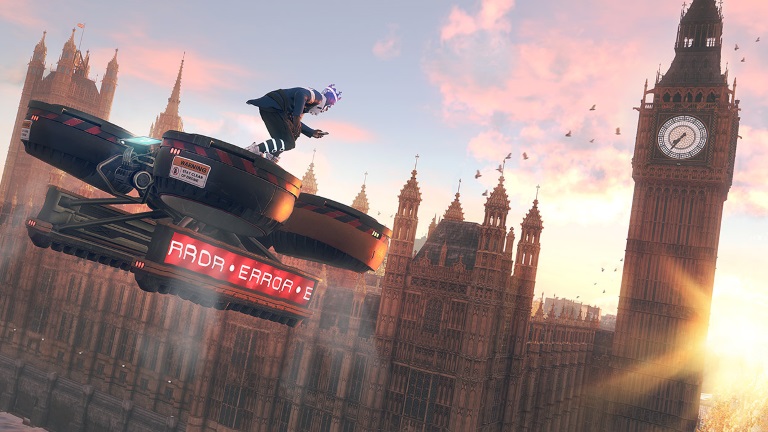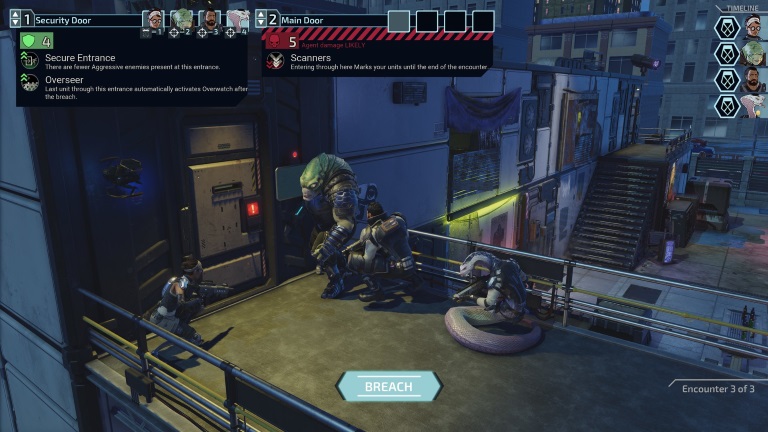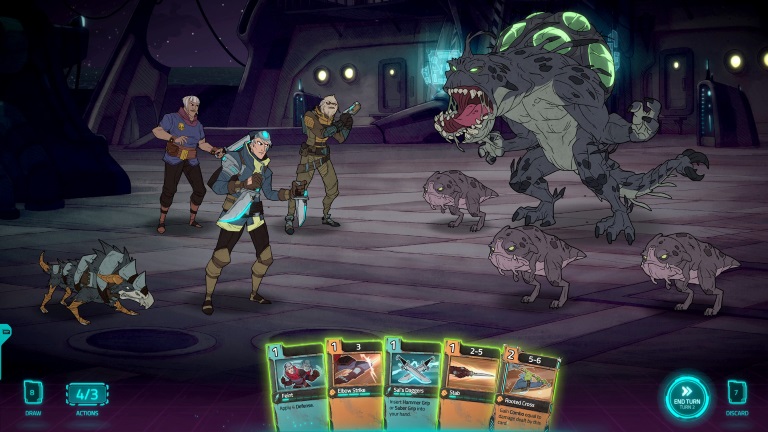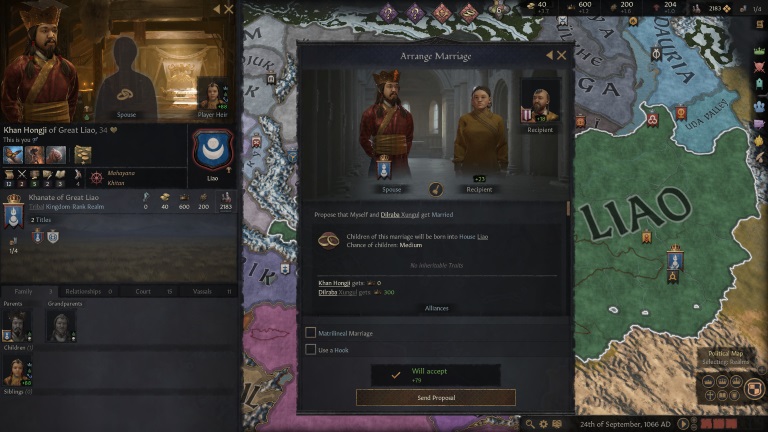Games of 2020
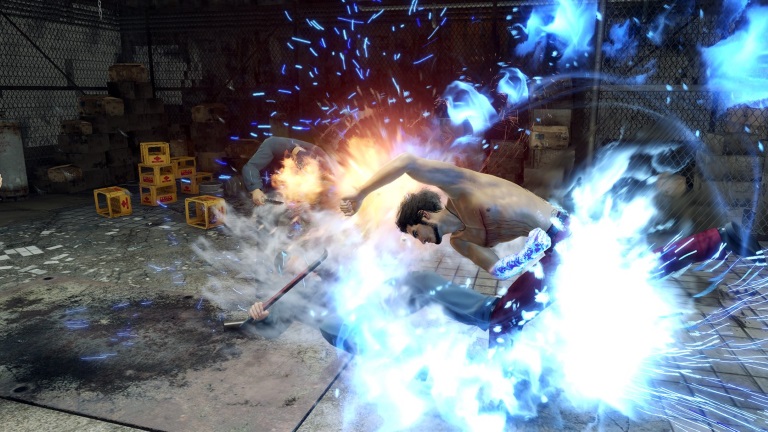
This felt like a slow year for video games. I think the pandemic had less to do with that than the release of the new Xbox and Playstation did. Development resources have substantially shifted to the new consoles, but very few of the games in development for them have been released (and at any rate, I don’t have either of the new consoles). Unsurprisingly, when I put together my list of all the games I played this year, it leaned quite heavily towards smaller independent games, especially games developed for PC. The upshot of all this is that I had a lot more time open in my schedule, and I took advantage of that to replay a bunch of older RPGs like The Banner Saga, Ni No Kuni, and Kingdom Hearts III (and I’m currently about half-way through Final Fantasy IX, a game I haven’t played in a good 10 or more years). Here, then, are the 10 games I had the best time with in 2020.
10. Broken Lines
Like Frozen Synapse in World War I. At the beginning of each round you give your characters a series of directions, like where to move and where to aim, and then they all act in real-time, along with the enemies. Then you spend a few seconds watching the mayhem unfold, knowing you can’t make any changes until the round is done. A fun little tactical game.
9. Watchdogs: Legion
I had pretty high hopes for this one and it didn’t entirely pan out. The hacking stuff is fun, but the “Play As Anyone” headline feature doesn’t really amount to much, and for some reason the last 15-20% of the game turns into a frenzied shooter, which doesn’t really line up with the rest of the experience thematically.
8. There Is No Game: Wrong Dimension
This one’s pretty hard to describe. It’s a point and click adventure game except that there’s a narrator/NPC who claims to be the The Game (no, not that one), that tries to mess with your attempts to solve puzzles. Quite inventive, has some of the more creative and unexpected puzzles I’ve seen in a game. It might make more sense if you watch the trailer.
7. XCOM: Chimera Squad
A smaller, more intimate take on the XCOM formula of turn-based tactics. I think I actually prefer this to the full-scale XCOM games, which I find a bit unwieldy and too reliant on randomness. The breach mode, as everyone says, is a really smart addition to the genre that other games should steal.
6. Paradise Killer
An open-ended murder mystery with a story and setting that is virtually impossible to describe. I initially passed over this one because the aesthetic isn’t really up my alley, but I’m glad I eventually changed my mind, because the mystery solving aspect of the game itself is very well done. It’s the only game I can think of that I’ve played that allows you to put together the solution on your own and makes it possible to get the answer wrong. If you play this I have one piece of advice: always use the footbaths.
5. Griftlands
I’m generally not as into the card battler games (I bounced off Slay The Spire), but this year Griftlands really sunk its hooks into me. A big part of the appeal is that there’s a (slightly non-linear) RPG built around the card game, so it’s not just a long series of contextless card battles. But the reason it really clicked with me is that it felt like the card game actually matters. In Slay The Spire it feels like there’s always one optimal, obvious way to play any given hand, but in Griftlands I found I was often making choices between multiple plausible options.
4. Crusader Kings 3
I’ve always liked the Paradox grand strategy games a lot more in theory than in practice, but Crusader Kings 3 is the one that finally broke through and got me hooked. More of a royal family simulator than strategy game about running a country, I found its simulated tales of intrigue, romance, and, of course, war to be quite compelling. It benefits from having a lot of good writing, something of a rarity in strategy games.
3. Yakuza: Like A Dragon
Yakuza goes JRPG. I’m a big fan of the Yakuza games, and early on I thought this one was going to be a miss. It starts far too slowly, from both a gameplay and story standpoint. But if you can stick with it until Chapter 6 (about 10 or so hours into the game), the gameplay really opens up and the story becomes considerably more interesting. It eventually crescendos into the kind of macho soap opera madness that only Yakuza can do, and by the end I was completely in its grip.
2. Ghost of Tsushima
A fantastic game in search of a better story. While the story starts off strong, with intimate portraits of characters in mourning, it eventually becomes a series of revenge quests, as characters escalate their aggression without questioning their motives. Lord Shimura, uncle of the titular “Ghost”, is the only character who offers a real path forward for anyone in this world, but the game doesn’t seem to know that, portraying him as an out of touch old man who doesn’t understand why revenge is the only possible solution to any human problem.
But I digress, as there’s actually a lot about this game that I really enjoyed, hence its high placement on this list. It’s one of the best looking games I’ve ever played, not because it’s the most realistic (it isn’t), but because it marries its technical excellence to some inspired art design. The core combat is quite fun. And it also has some of the best sidequests I’ve seen in any recent game. Unlike most open world games, which feel like clearing pointless icons off a map, in Ghost of Tsushima there’s always a reason to do everything. And quite often, that reason is to explore the beautiful landscapes that Sucker Punch has created.
1. Animal Crossing: New Horizons
What can I say about Animal Crossing? It’s implausible that anyone reading this doesn’t already know whether they’d enjoy an objective-less game about chilling out in a small village with a bunch of charming anthropomorphic animals. It does what it says on the tin, and I enjoyed it more than anything else I played in 2020.


